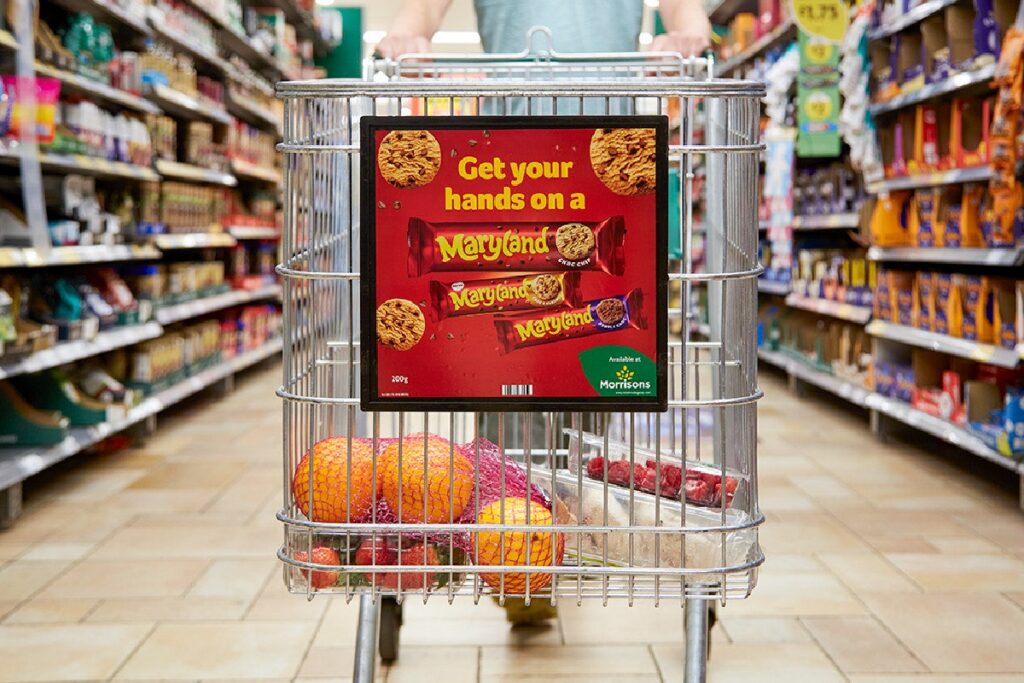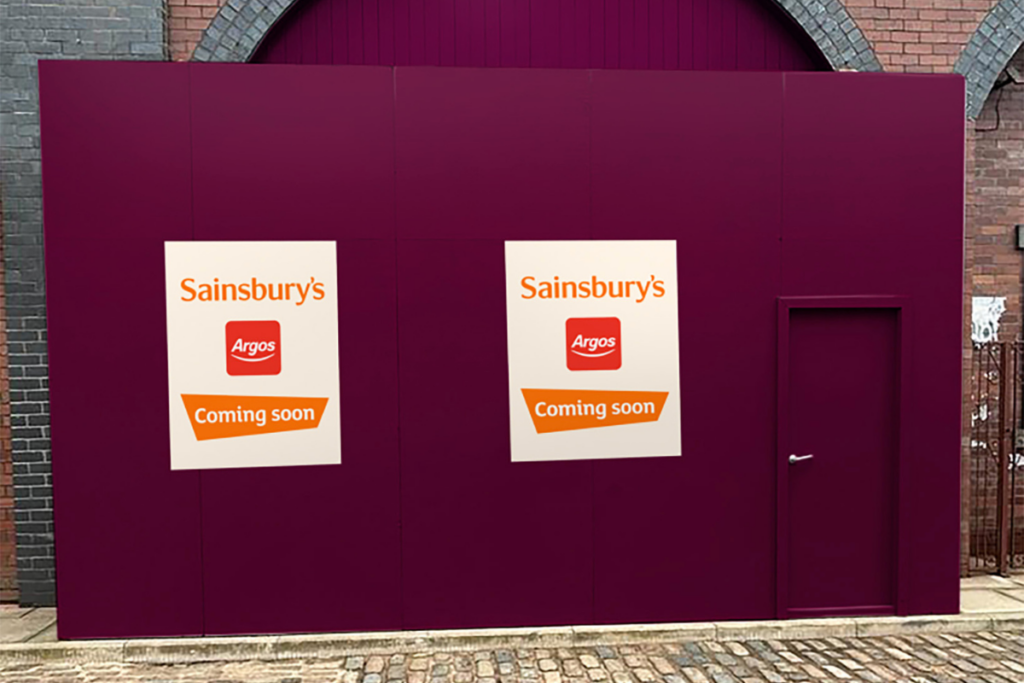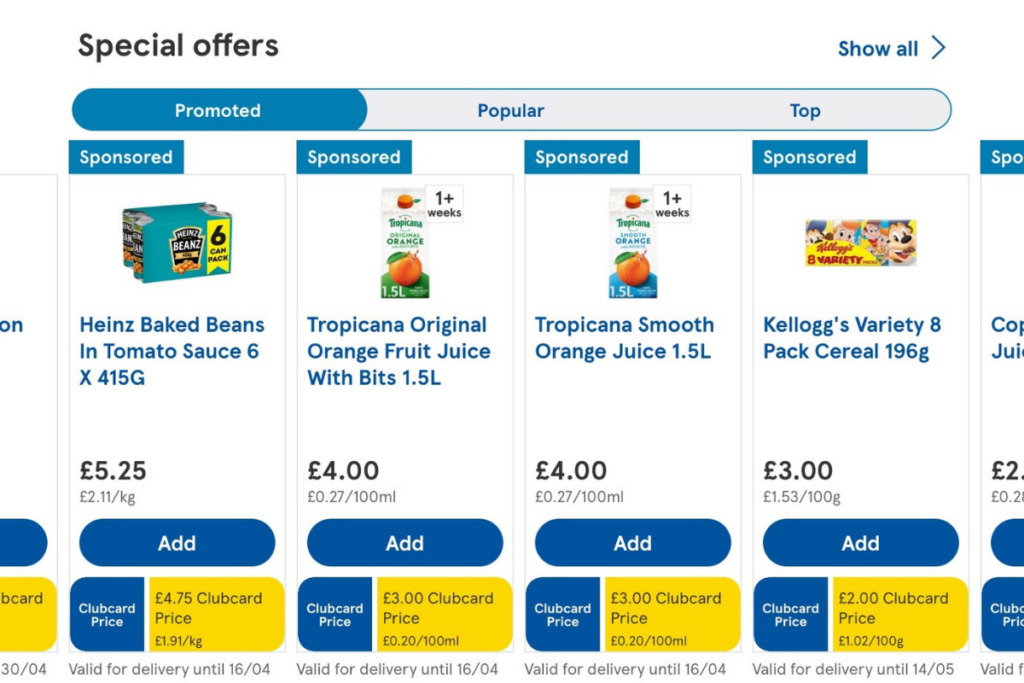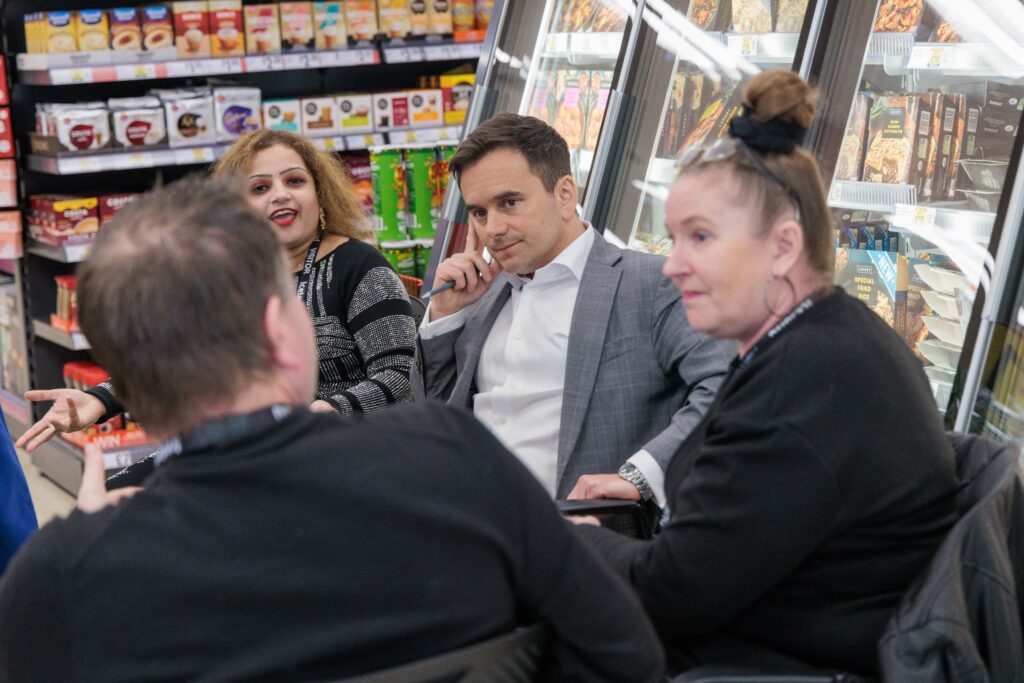// Lord Rose discussed change in retail & Ocado’s new deal with M&S at World Retail Congress
// He said talks around the death of the high street was “overblown”
// He also spoke of transparency and what retailers can do to build trust with customers
Lord Stuart Rose has told delegates at World Retail Congress in Amsterdam that talk about the so-called death of the high street has been “overblown”.
The retail veteran – who was the executive chairman of Marks and Spencer until 2010 and currently chairman of online grocer Ocado – said the challenges facing the industry were compounded by the fact that there are too many shops.
He added that intense competition meant there was also downward pressure on prices while retailers’ costs were rising at the same time.
Despite this, Lord Rose said that in his 49-year career, the biggest change he’s seen in the retail industry is acceleration.
“Change is a good thing and we really have to embrace it,” he said.
He added: “I think [retail] is the most exciting and vibrant industry.
“I get quite bad tempered when people say that retail is doomed – not remotely so. It’s just a place that, if you’re half asleep, don’t come here.”
Lord Rose also spoke about the success of Ocado, especially since it struck a joint venture deal with Marks & Spencer earlier this year.
The £750 million deal, first announced in February, will see M&S buy half of Ocado’s retail business, giving the former a full online delivery service for the first time in its history.
Lord Rose said the retailers were in the “right place for the direction of travel for grocery retail over the next 20 to 30 years”.
When Tim Steiner founded Ocado in 2002, customers as well as investors didn’t believe the ecommerce retailer would thrive, according to Lord Rose.
However, he highlighted how Ocado was grew to a near-£10 billion corporation on the UK stock market in the space of two years.
Meanwhile, as sustainability thrusts into demand each day, Lord Rose said he believes retailers should aim to be as transparent as they can to build trust with the community.
“Transparency is a good thing. People want food that’s produced in a humane way, in a safe way,” he told World Retail Congress delegates.
“The more light we throw on food scandals that are going on right now, the more we show customers that our journey is a clean and sustainable journey.
“Over the last 10 years, the trust has been broken – whether it’s trust in the legislature, trust in politicians, in anything it’s been tested, people want to be able to trust.”
Lord Rose emphasised the opportunities which retailers have to build trust.
“Retailers are uniquely well paced to actually build a strong bond of trust, and those retailers who’ve done well and continue to do well, those really have built on their trust,” he said.
“Retailers need to show customers that they’re a part of the community.”
When asked about how sustainable businesses can grab investors’ attentions, Lord Rose said that compared to a decade ago, “a lot of investors now do have a lot of sustainable credentials, they do care”.
“Politicians need to take notice of the demonstrations that young people are undertaking to fight for sustainability,” he said.
“When we started charging 5p for plastic bags at M&S, everybody thought we were mad.
“Tesco, Sainsbury’s, Asda, Morrisons and the government wouldn’t join us.”
Currently, 30 per cent of the UK’s supermarket foods are wasted, and Lord Rose said retailers needed to improve supply chains and educate people on the right foods to eat.
Click here to sign up to Retail Gazette‘s free daily email newsletter


















